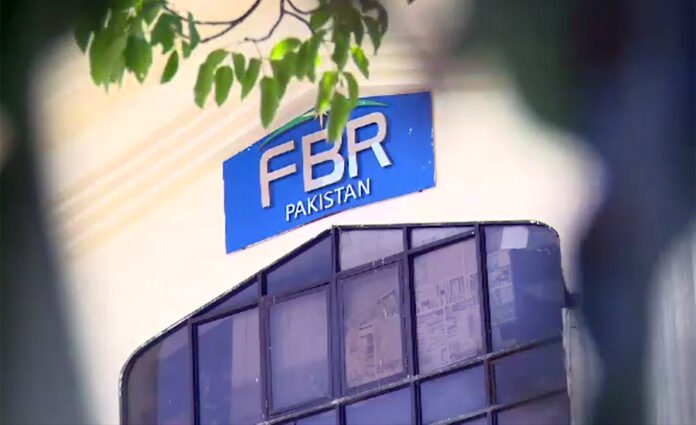ISLAMABAD: The Senate Standing Committee on Finance on Saturday opposed the Federal Board of Revenue’s proposed powers to arrest CEOs, CFOs, and board members for tax fraud, stating that the FBR is exercising powers under the Code of Criminal Procedure.
The committee, chaired by Senator Saleem Mandviwalla, warned that such authority could be misused, with even a minor tax officer causing chaos by issuing notices.
FBR Chairman Rashid Mahmood Langrial defended the proposal, stating that arrest powers exist in India and Bangladesh. He said the top 5 percent of taxpayers evaded Rs 1.6 trillion in taxes and that the current system protects inefficient industries through tariffs.
Langrial urged removing import tariffs to enhance competitiveness. He added that Pakistan’s workforce is 67 million, with the top 1 percent evading Rs 1.233 trillion in taxes, and 95 percent of taxpayers collectively evading only Rs 0.14 trillion.
He emphasized focusing on taxing the wealthy, who control most of the country’s wealth.
During the review of the Finance Bill 2025–26, the committee recommended removing the 18 percent GST on imported solar panels and raising the minimum wage from Rs 37,000 to Rs 40,000. Langrial said 95 percent of the population cannot afford to pay taxes and cited an average annual income of Rs10 million for the top 1 percent.
He also said there are only 6 million registered tax filers, while 132 million people fall outside the labour force due to age.
On customs law, the committee reviewed amendments to the Customs Act, 1969, including the implementation of a digital cargo tracking system to monitor imported and transshipment cargo. The system will help identify non-duty-paid or smuggled goods using technology.
The committee also reviewed changes to the de minimis limit for courier parcels. It proposed reducing the exemption threshold from Rs 15,000 to Rs 500 to prevent misuse of tax-free imports for personal use.
Senator Shibli Faraz raised concerns that these powers could create a police state and drive away taxpayers. Senator Farooq H. Naek criticized anti-money laundering notices, saying they disrupt business operations by blocking import and export activities.
During the session, the Pakistan Poultry Association proposed zero custom duty on chicks under PCT heading 0105.1100. The Sindh Chamber of Agriculture called for reducing import duties on tractors and reconditioned tractors from 15 percent to 5 percent.
Finance Minister Muhammad Aurangzeb addressed concerns about the FBR’s use of the Anti-Money Laundering Act. He acknowledged complaints regarding AML notices and said the government would review FBR’s powers under the law.
These comments came after the committee raised objections to granting AML powers to the proposed Directorate General of Intelligence and Risk Management (Customs).
The committee approved amendments to the Customs Act regarding vehicles with tampered chassis numbers. Under the new rules, such vehicles—whether registered or not—will be presumed smuggled, confiscated, and destroyed.
Langrial said they will not be auctioned to prevent resale. The destruction must occur within 30 days of seizure.
The committee asked the FBR to provide a list of seized vehicles used by customs officials and questioned why duties were previously collected on such vehicles during an earlier amnesty scheme. FBR Member Customs explained that new Section 187A presumes any vehicle with tampered or modified chassis to be smuggled and subject to confiscation.
The committee will reconvene on June 15 to continue discussions on customs tariffs and the Income Tax Ordinance 2001.




